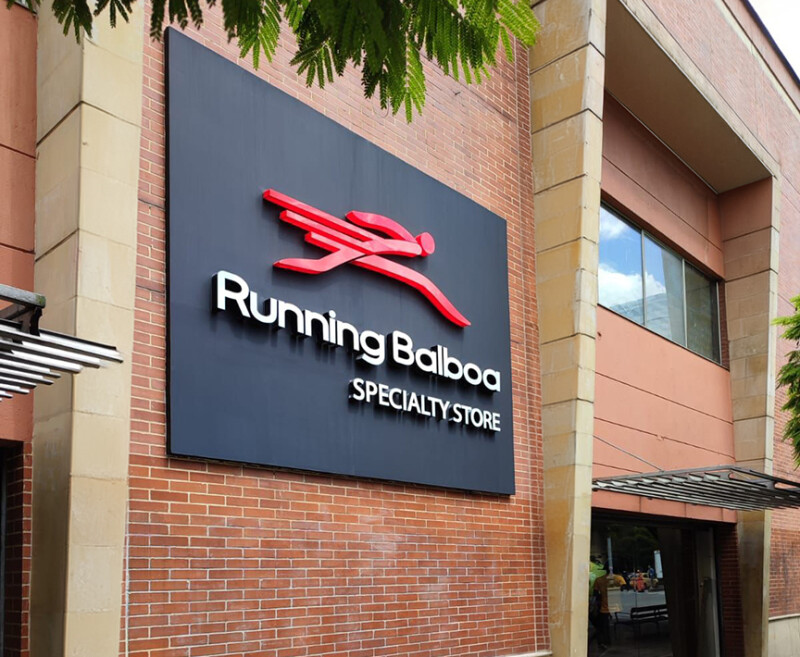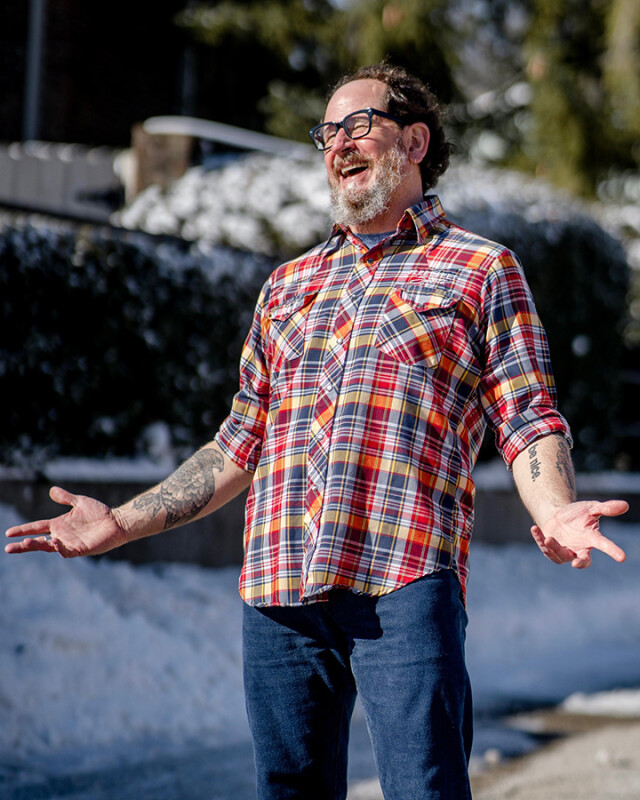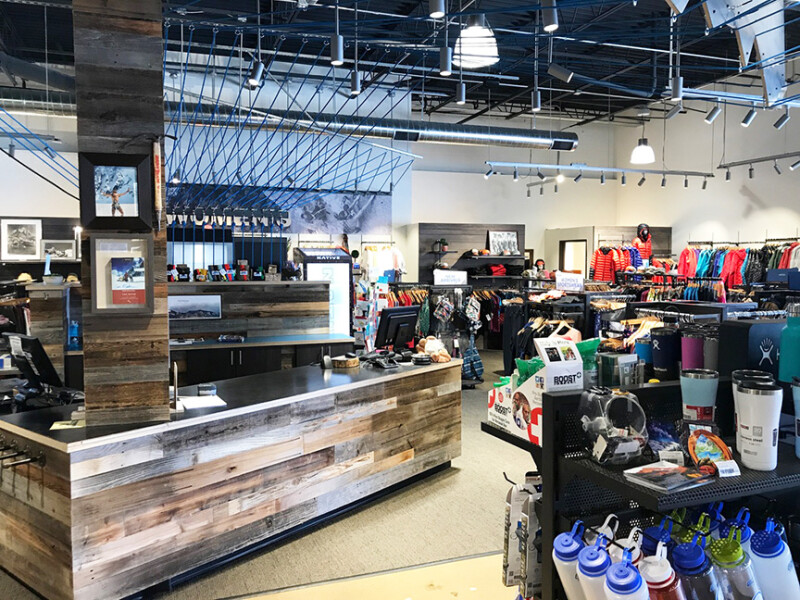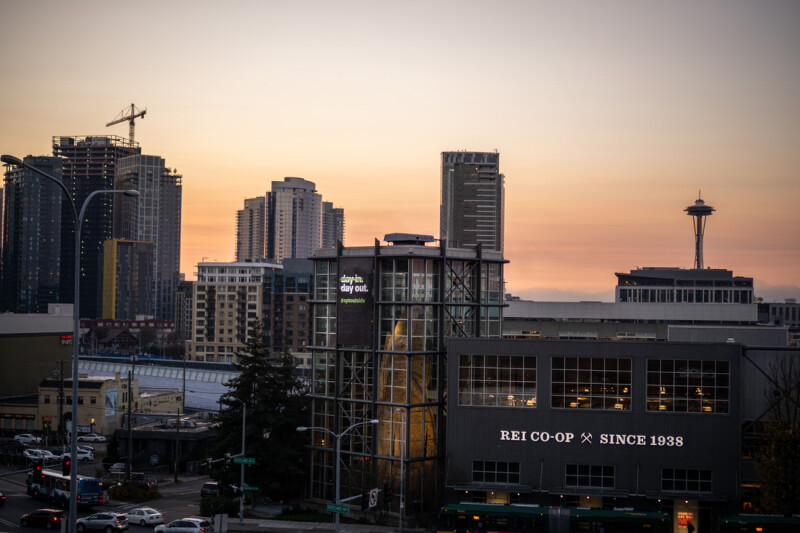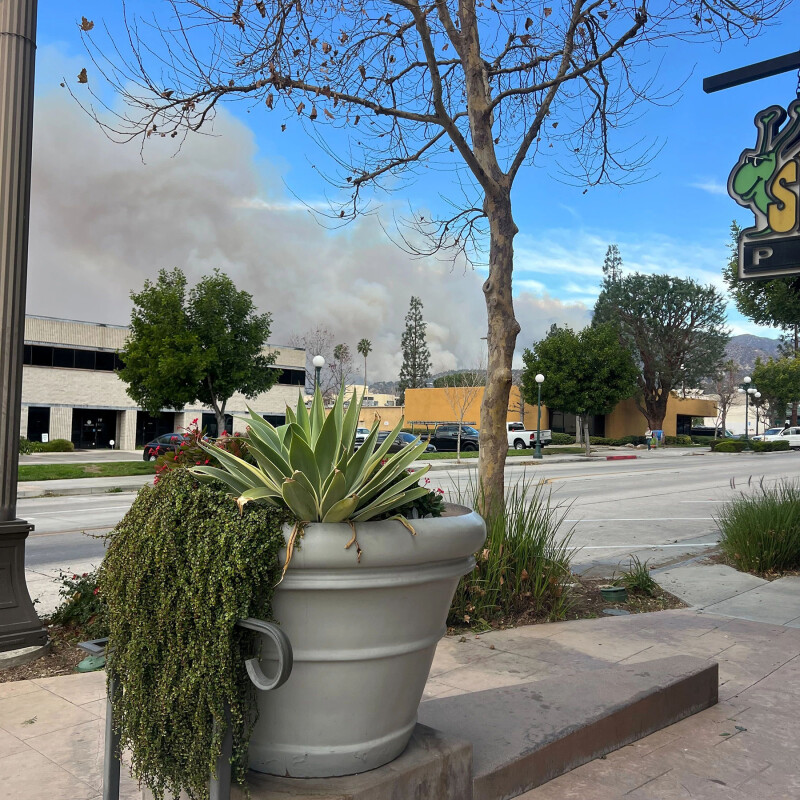In the early 2000s, the Zebede family was running a successful shoe wholesale business in Panama when they observed a new development in their country’s capital city. Members of the city’s fledgling running community would meet on Avenida Balboa (Balboa Avenue) for daily workouts in view of the Pacific Ocean.
Realizing the business opportunity, Nissim, the partner in charge of developing the retail operation, visited several cities in the United States and various countries in Europe to better understand the running specialty business. In 2008, the first specialty running store, Running Balboa, was launched in Panama City.
Today, Running Balboa has five stores in Latin America (Bogota, Medellin, Costa Rica and two in Panama), with plans to double that number over the next two years. The group also runs a thriving online business, is the exclusive distributor for New Balance in LATAM, Central America and the Caribbean, and operates 40 New Balance stores.
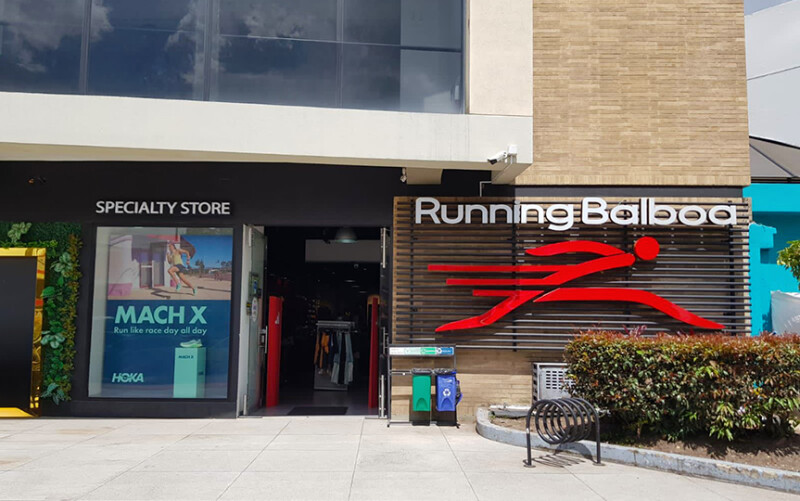
The story of Running Balboa would be familiar to many run store owners in America. The store built awareness in its local community, offered gait analysis and shoe fitting by a team of runners and embraced the social aspects of the sport.
“We collaborated with our brands in the development of social runs and then run clubs started to emerge and that built a bond with the running community in the region. We had to create a running culture. It did not exist until then,” says Nissim.
The family-comprised of Nissim and his sons knew they had touched a nerve in their community the first day they opened in Panama City. They had hoped to open the doors in the morning, but were delayed until 6 p.m. In the first hour of business, they did $5000 in sales.
When Running Balboa opened, the store carried New Balance, Brooks, Saucony, ASICS, Mizuno, Etonic, Garmin, Pearl Izumi and Moving Comfort. Today, Brands such as On Running, Hoka, 2XU, Oofos, Feetures and Goodr have been added to the lineup. “All our brands have their fair spaces in our stores,” Nissim points out.
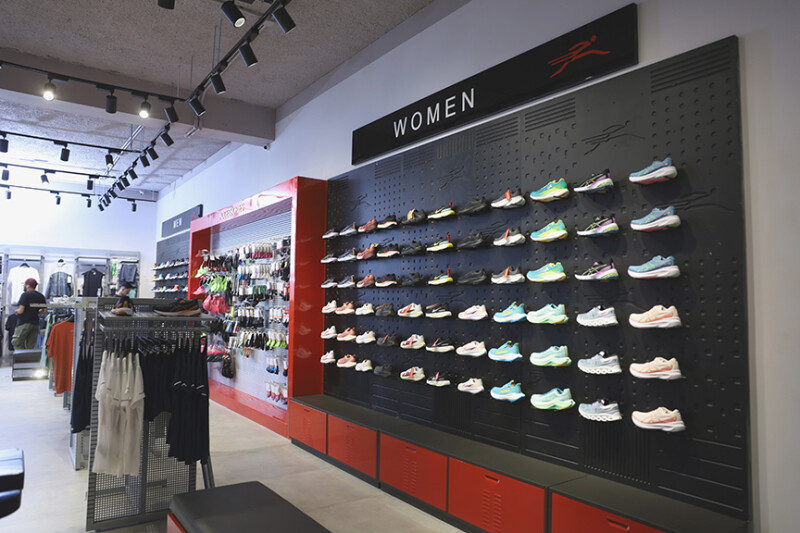
The stores average 550-square feet in selling space and have a lively atmosphere that appeals to the senses of runners: A running robot welcomes shoppers at the entrance, there are screens showing the technologies of different products, cardio music playing, a scented smell in the air conditioning and the staff that speaks the language of runners.
Running Balboa currently has 85 employees across its stores, warehouses and online business. Nissim says hiring runners, especially to service customers in their stores, is key to the store’s success.
Early on, Running Balboa hired a well- respected marathoner in the region to work in the stores and enhance the credibility of the business. He began coaching a group of five people two days a week. Today, they host several social runs a month with more than 100 people.
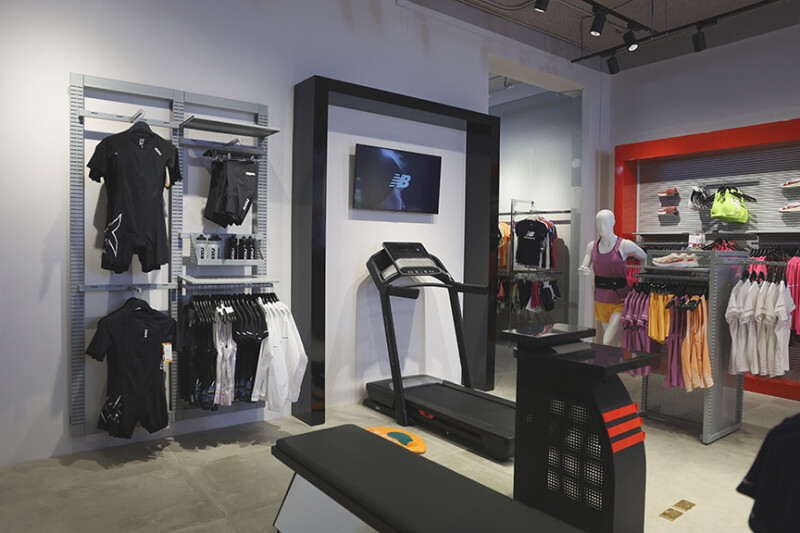
Like their counterparts in America, Running Balboa has greatly increased its online business since the CIVID pandemic in 2020 when the country of Panama was locked down for seven months. Running Balboa sells online in all of its countries and has worked hard to offer an integrated online-in store experience.
The “buy online, pay in and pick up in store” accounts for 35 percent of all its digital conversions. Running Balboa also drop ships to countries throughout Latin America, even in places where they don’t have stores. Online business accounts for 20 percent of the company’s sales,
“Our stores have been part of the health and wellness movement since the beginning,” Nissim says. “We have great opportunities for growth and will continue to pursue them.”
The Running Event 2024, set for Nov. 19-21, 2024 in Austin, TX, will boast its largest ever contingent of international retailers. And for the first time, the TRE conference will include a panel discussion featuring International retailers offering a global perspective.
Global Insights from Run Specialty Retailers Around the World
Running is what connects all of us, but what can be learned from retailers outside the U.S.? Attendees will get the unique chance to hear perspectives from international retailers and how they’re operating their businesses, adding value to their communities and remaining competitive in today's marketplace.
Session Learning Objectives:
1. Explore differing geographic and industry trends across Canada, Europe, South America, and Australia.
2. Gain insight on global business strategies like managing vendor relationships and merchandising.
3. Discuss opportunities for collaboration, partnerships, and events in various communities.
Session will take place Tuesday, November 19
